The popular WW2 heroes you’ve never heard of
Bill Mauldin’s Willie and Joe comics captured the hearts of wartime America, plus book news
For most Americans at the time, WWII didn’t seem like the heroic good-versus-evil struggle that it does now. No one wanted to go to war again after World War I, and GIs on the front line likely weren’t discussing ideology or patriotism or saving Democracy.
It was more like some crazed killer had invaded your neighbor’s house and yours was next, so you had no choice but to roll up your sleeves and smack down the killer any way you could. This made most GIs more like miners, farmers and factory workers than heroes, plus the draft took them from all walks of life.
It's been lost to history somewhat, but this outlook prevailed in one of the most popular comics of WWII: Willie and Joe by Bill Mauldin.
Willie and Joe were the most unsung heroes possible, the ultimate “dogfaces.” Their only superpower was getting through the day and to the next battle. They slept in muddy foxholes and dreamed of dry socks more than Lana Turner. Their drudgery might include killing. They saw the dogfaces of the German grunts that their guns ripped to shreds. But they were doing a job and somebody had to do it.
In both Stars and Stripes and papers back home, Mauldin’s unapologetic comics resonated deeply with soldiers and civilians alike. A combat infantryman himself, Mauldin made Willie and Joe as authentic as possible, capturing the exhaustion and fear, camaraderie and dark humor that defined the GIs’ grim existence on the front lines of Western Europe. Mauldin did not shy away from suggesting the psychological toll of front-line combat either.
Some rear-line heroes didn’t approve. Glory-seeking (if not narcissistic) general George S. Patton hated Willie and Joe for not being the spic-and-span yet peasant-like soldier Patton fantasized about. Branding Mauldin an “unpatriotic anarchist,” Patton wanted to throw Mauldin in a military jail and ban his comics. But Allied Commander General Eisenhower told Patton to lay the hell off, because Willie and Joe gave the average grunt something to relate to, a way to vent. The War Office agreed — by showing the grim side of war, people could see that victory would not be easy.
Bill Mauldin was immensely popular at only 23. His 1944 memoir Up Front became a bestseller by expanding on his own front-line experiences behind his comics, and in 1945 he won a Pulitzer Prize for Willie and Joe. But when the work was done, and the war over, Willie and Joe quickly lost relevance.
As a kid in the 70s, it seemed like I was the only person who knew about Willie and Joe. That was because my older parents had a first edition of Up Front, which I still have today.
As I wrote in an earlier post, “When Underdogs Refuse to Fight,” such a gritty and realistic portrayal of WWII ran so counter to what we often saw in popular culture back in those days. And many of the jokes fell flat by then, their highly specific context, details and language of front-line combat life sadly lost to history. Even so, such realism certainly influenced my depiction of GI Wendell Lett on the front lines in my novel Under False Flags.
The world is saved by underdogs like these. There are no superpowers, folks. There’s just getting the job done and hoping you’re lucky enough to live to tell about it in that world you helped to save. Just ask Willie and Joe and Wendell Lett, or any number of nameless dogfaces fighting and dying for Ukraine today.
Book news
Lines of Deception got a great review in the May issue of the Historical Novels Review from the Historical Novels Society. Here’s the gist:
“Satisfyingly laden with intrigue, risk, and heroics… An excellent if at times ominous read.”
Don’t forget! If you like my books, please consider posting a review or rating. Every single positive review on Amazon, Goodreads, Barnes & Noble and other review-based sites helps us authors a ton.





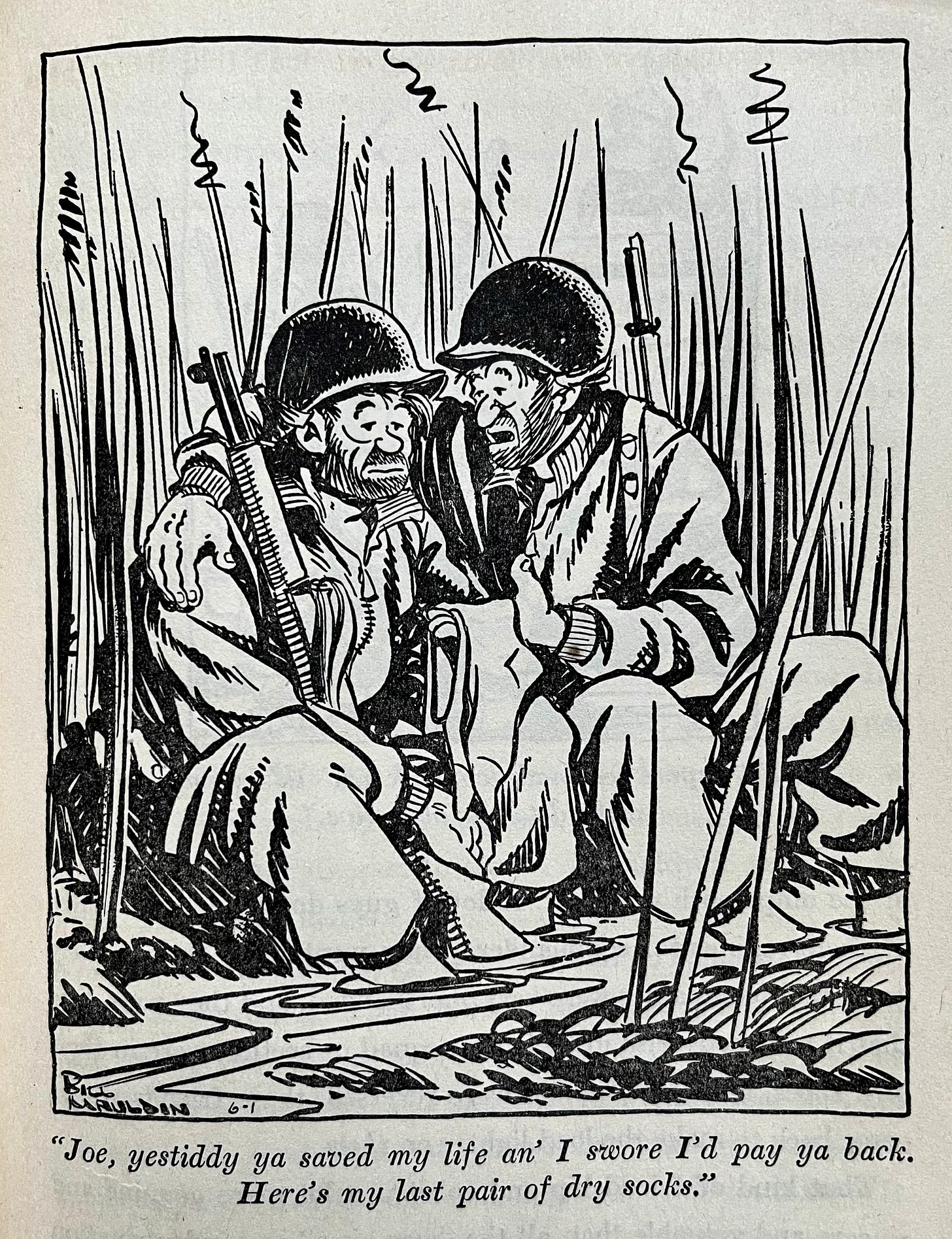
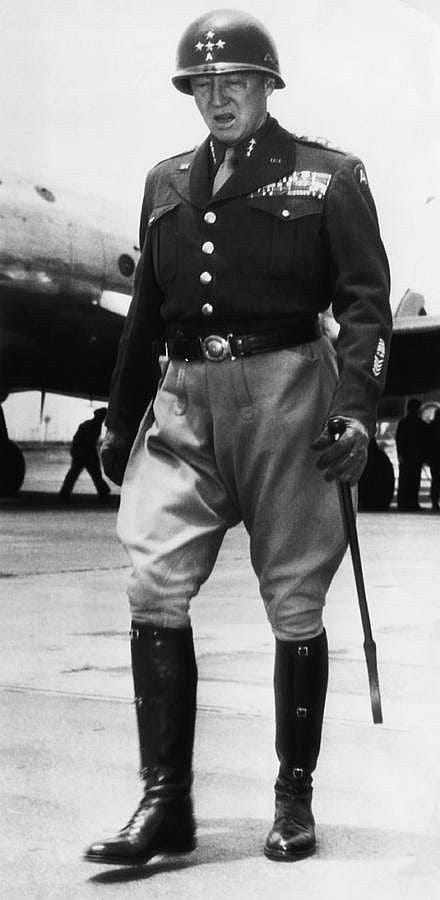
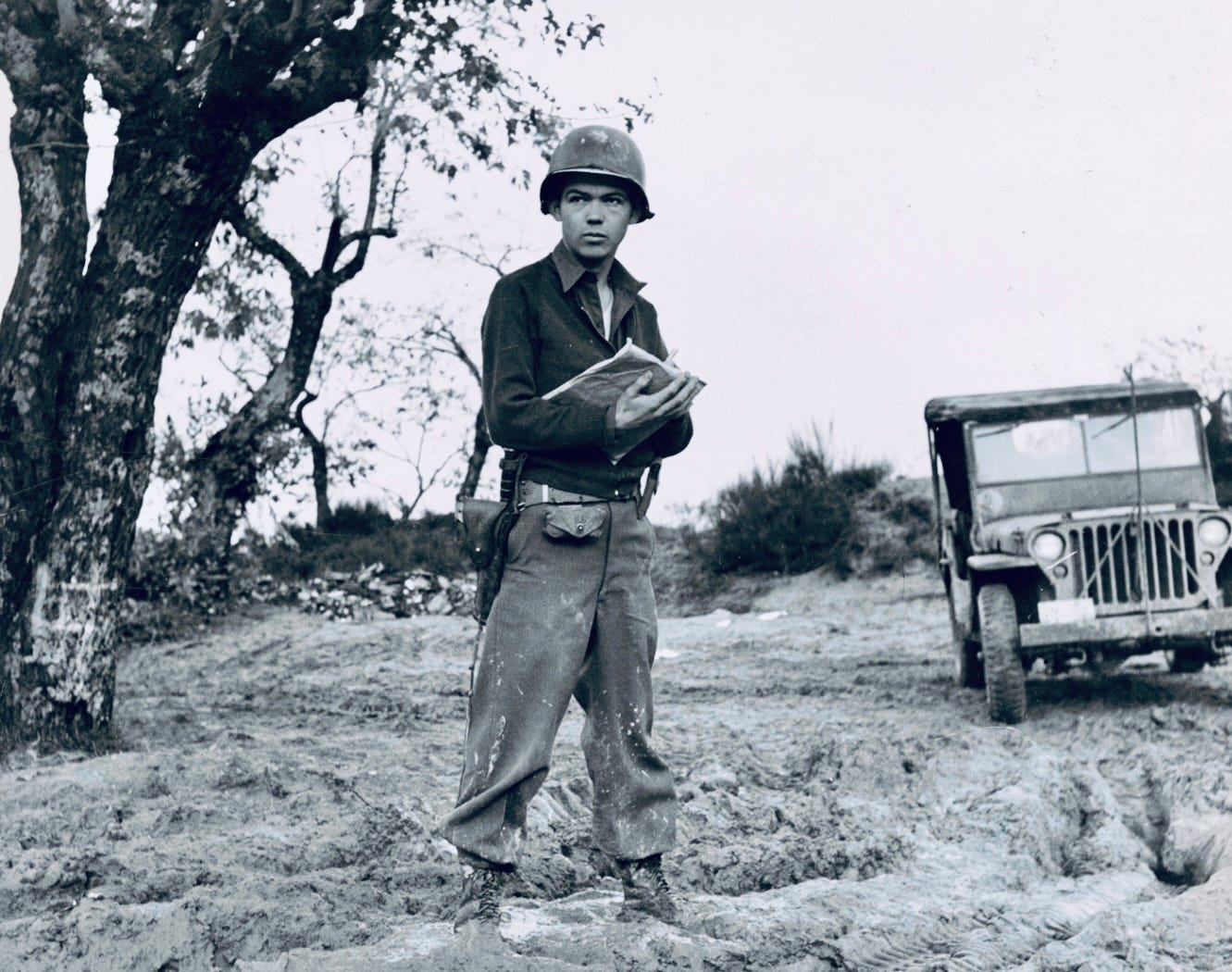
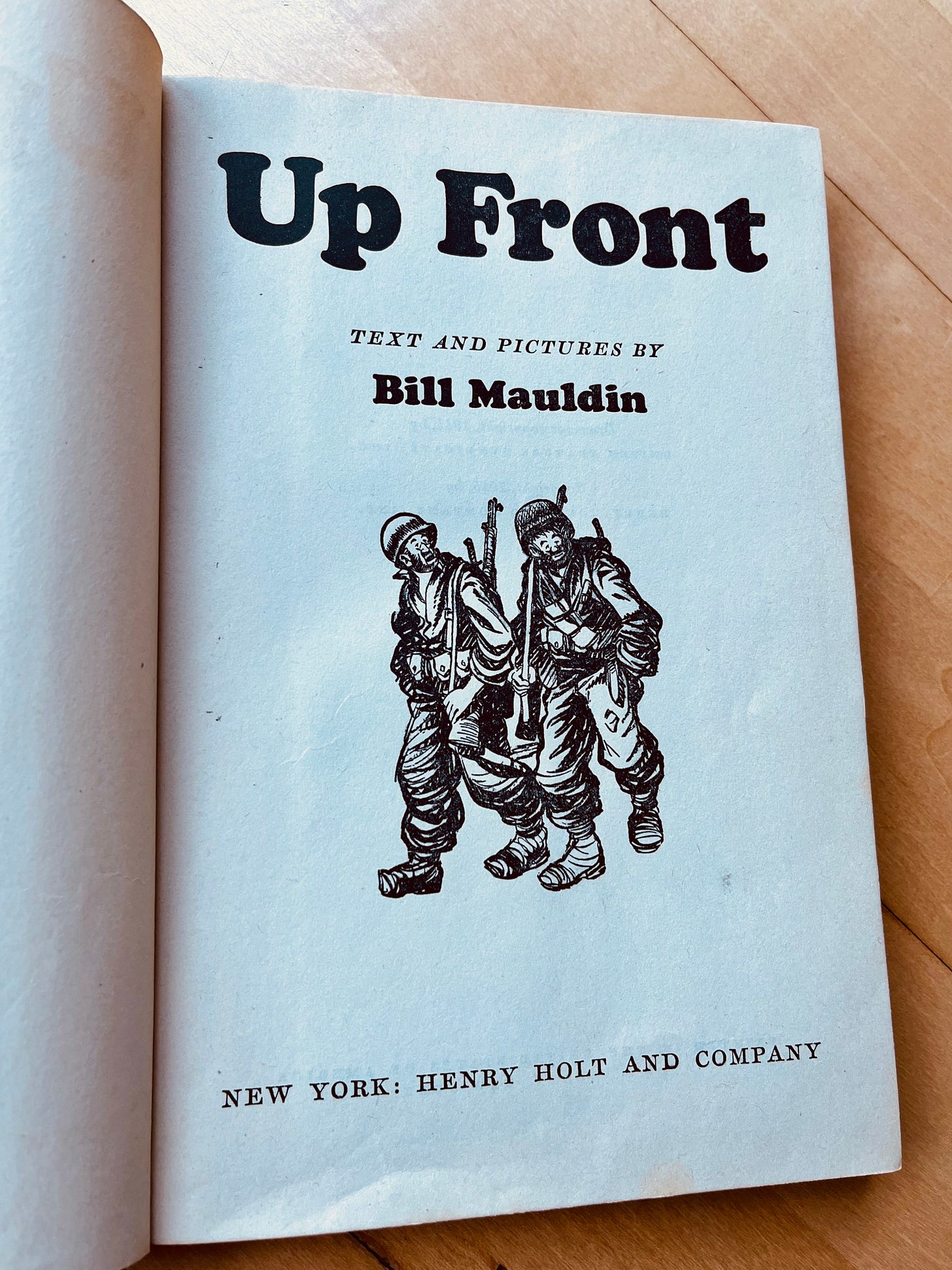
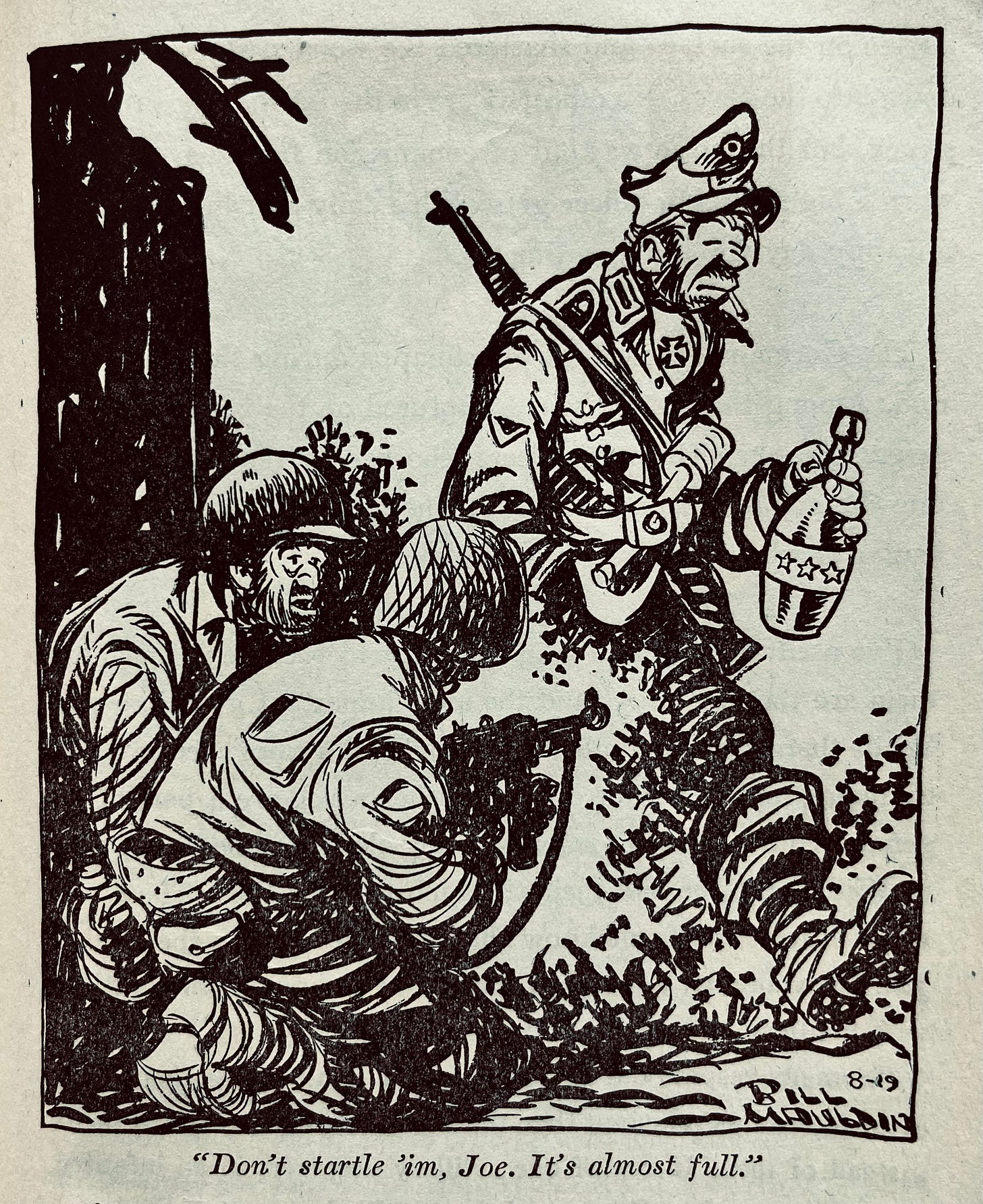
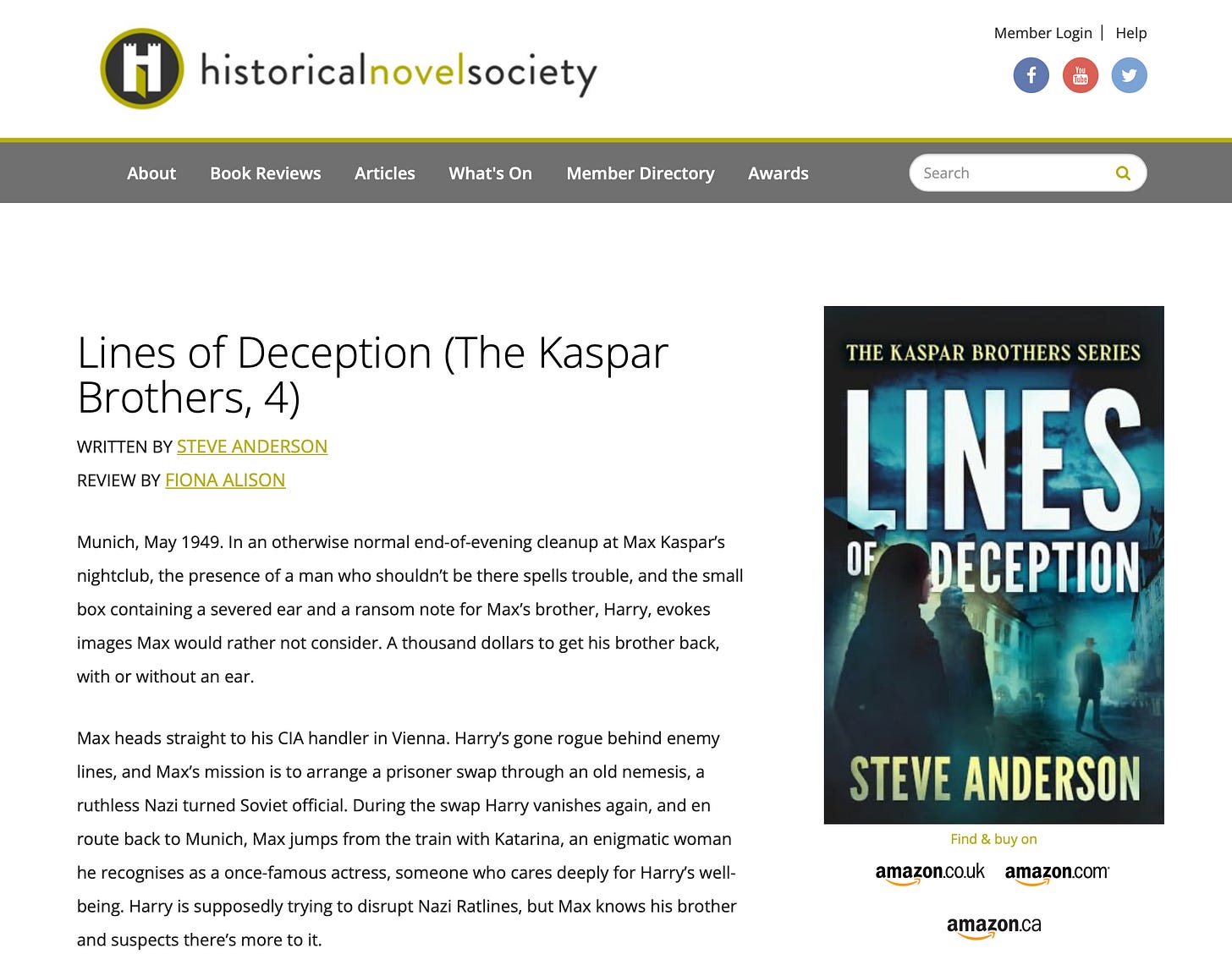
There was a copy of “Up Front!” in my grandparents’ house, and I couldn’t tell you how many times I read it growing up. I think my oldest brother has it now, along with the other books from that period that were there, like “Dave Dawson With the RAF”, a series chronicling the adventures of an American pilot serving in the RAF with his British friend Freddie.
Willie and Joe. I have a Willie and Joe book that my dad had and loved. Was Army, D-Day, Battle of Bulge 6 battle stars. 2 Purple Hearts and Bronze Star. Then Korea. 9 years in service and came home to create a middle class family and life. Never talked about what happened or what he did. Except that is what you do for your country.